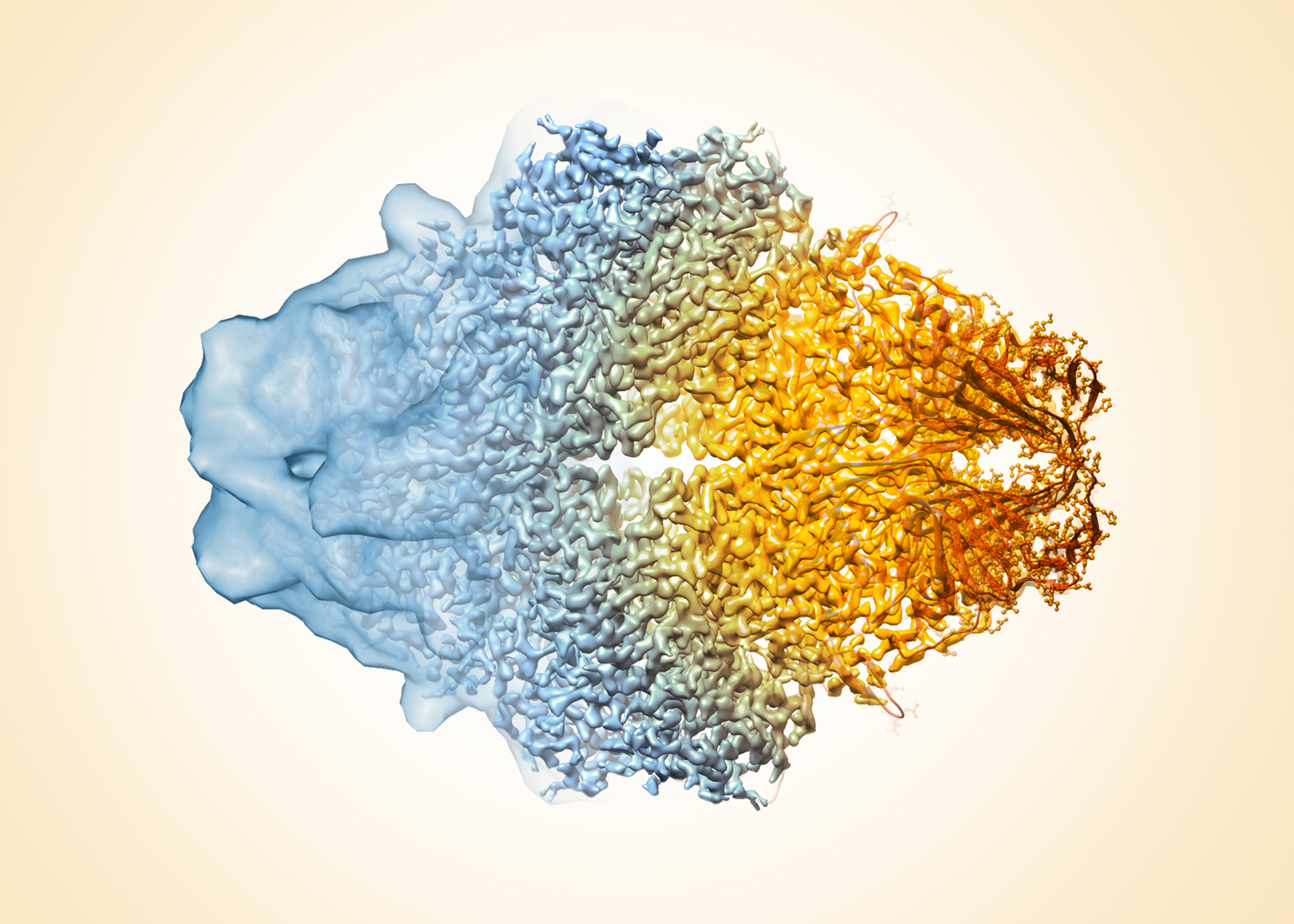
Gandeeva Therapeutics, a Vancouver, BC-based precision biotechnology company, launched by announcing its $40M series A funding Monday. The startup uses AI to analyze protein interactions for drug discovery, specifically utilizing machine learning and cryogenic electron microscopy (cryo-EM) to produce novel therapeutics. The goal is to speed up drug discovery.
Lux Capital and Leaps by Bayer led the financing round, with Air Street Capital, Amgen Ventures, Amplitude Ventures, and Obvious Ventures joining.
The funding from this series will go towards continuing to develop Gandeeva’s AI-enabled cryo-EM platform to become a fully independent end-to-end drug discovery platform.
Specifically, the platform draws on technologies from biology, chemistry, imaging, as well as machine learning, and can capture, measure, and visualize protein-drug interactions, all with atomic resolution. As a result, these images and measurements enable the company to identify ways to successfully target various proteins by seeing how the proteins function. Of note, the platform works for both therapeutic modalities: biologics and small molecules.
The platform allows for efficient identification of drugs for a variety of targets and indications, which ultimately results in quicker and more cost effective cures for patients.
“Drug discovery remains an expensive, slow, and often ineffective process despite the tremendous advances in medicine. Our platform will enable us to find the most effective drugs for any target by discovering surfaces and interfaces that are better sites for druggability and are less prone to resistance,” said Dr. Sriram Subramaniam, founder and CEO of Gandeeva Therapeutics in an email. “This central thesis allows us to take on virtually any target that is out there, and should be a clear articulation of our sustainable competitive advantage in this space.”
While initially Gandeeva is targeting solutions in oncology, Subramaniam seems to believe that the company’s platform lends itself beyond targets historically considered druggable.
“Deeper insights into protein structures, complexes and dynamics will enable exploration into targets that are linked to disease but have thus far been considered intractable to traditional drug development paradigms. A deeper understanding of structure-function context could also enable the development of better drugs for existing targets that have sub-optimal solutions. Examples could include: allosteric modulators of frequently targeted enzymes, better (tunable) regulators of cell-surface receptors,” Subramaniam said. “Of the estimated 4000 druggable targets, ~20% have FDA approved drugs in the best case. And in most cases these drugs have problems such as toxicity, low efficacy and generally don’t work for all patients. By directly visualizing drugs bound to their targets, we are in a position to go after any target, including finding new and more effective approaches to targeting those that already have approved drugs.”
Gandeeva’s approach is different from companies that rely on X-ray crystallography for structure-guided drug design; in the latter instance, the proteins are restricted to be in an artificially created crystal, which is not the case for Gandeeva’s platform. Additionally, Gandeeva’s platform differs from companies that use solely computational approaches; computational approaches can lead to dead ends in drug discovery or several failed attempts prior to success, according to Subramaniam. Gandeeva’s platform generates 200-300 molecules instead of 3,000, so they are able to identify potential drug candidates in two-three years instead of 5-6, thereby shortening and speeding up drug discovery times.
Photo: Gandeeva Therapeutics















